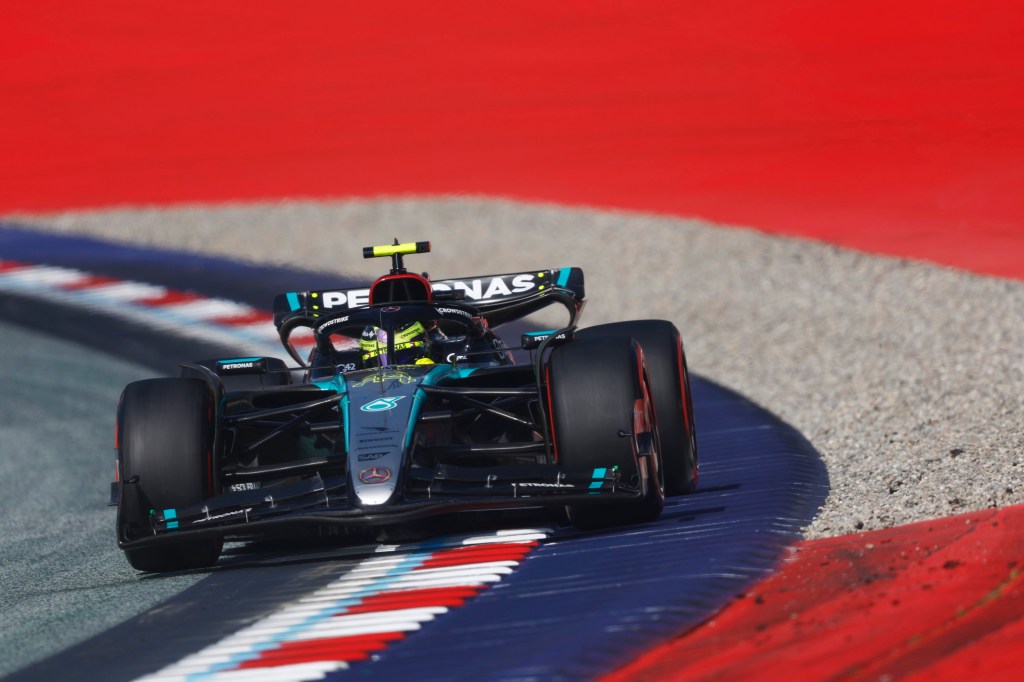Despite its association with combustion-heavy racing, Formula 1 has set ambitious sustainability goals, including reaching net-zero carbon emissions by 2030. For teams like Mercedes-AMG Petronas, this extends beyond the cars themselves, which account for less than 1% of their carbon footprint.
To address broader emissions sources like logistics, travel, and infrastructure, Mercedes-AMG Petronas has acquired carbon credits from Chestnut Carbon. These credits represent 5,500 metric tons of CO2 and will be delivered between 2027 and 2030, offsetting approximately 10% of the team’s current emissions.
The team’s goal is to reduce emissions by 75% by 2030 and achieve net-zero by 2040. Beyond carbon credits, Mercedes-AMG Petronas has partnered with Frontier, a non-profit supported by tech giants like Google and Stripe.
Meanwhile, Chestnut Carbon has recently secured a significant deal with Microsoft for 7 million metric tons of carbon credits, solidifying its position in the market. The startup is committed to delivering 100 million carbon credits by 2030, showcasing the growing importance of nature-based climate solutions.
Original source: Read the full article on TechCrunch



